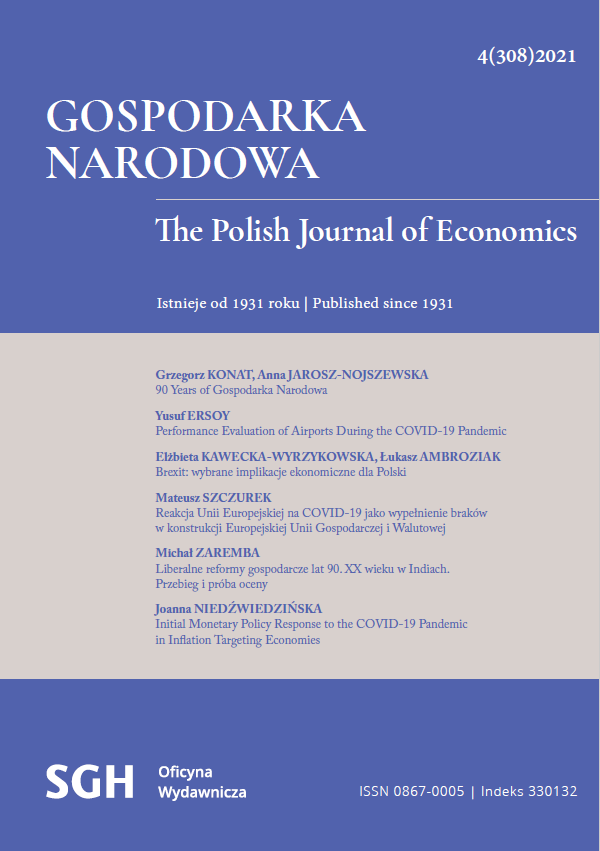Regulation of Usury: Justification, Consequences, and Some Lessons from Polish Experience
Regulation of Usury: Justification, Consequences, and Some Lessons from Polish Experience
Author(s): Ryszard Kowalski, Grzegorz WałęgaSubject(s): Economy
Published by: Szkoła Główna Handlowa w Warszawie
Keywords: consumer protection; usury; payday loans; interest rate caps; credit market regulation
Summary/Abstract: In this paper we analyse a recent debate on justification of usury regulations and their implications. To investigate the impact of liberal, competition-enhancing policy on usurious practices, we present a case study of the Polish payday loan market after 2008. We also examine the efficacy of usury regulations in Poland. Our study finds that consumer welfare, social welfare, and the risk of exploitation of borrowers are the main arguments for introducing interest caps. We demonstrate that, in pursuit of greater profits, loan companies use additional non-interest fees and commissions as well as bundling, and thereby reduce the transparency of loan agreements. We show that rising competition on the payday loan market is not sufficient to reduce the cost of loans, especially when the efficacy of regulatory control is deficient and unsatisfactory. Therefore, the efficacy of the judicial system can be seen as essential to combat usurious lending.
Journal: Gospodarka Narodowa. The Polish Journal of Economics
- Issue Year: 310/2022
- Issue No: 2
- Page Range: 57-73
- Page Count: 17
- Language: English

